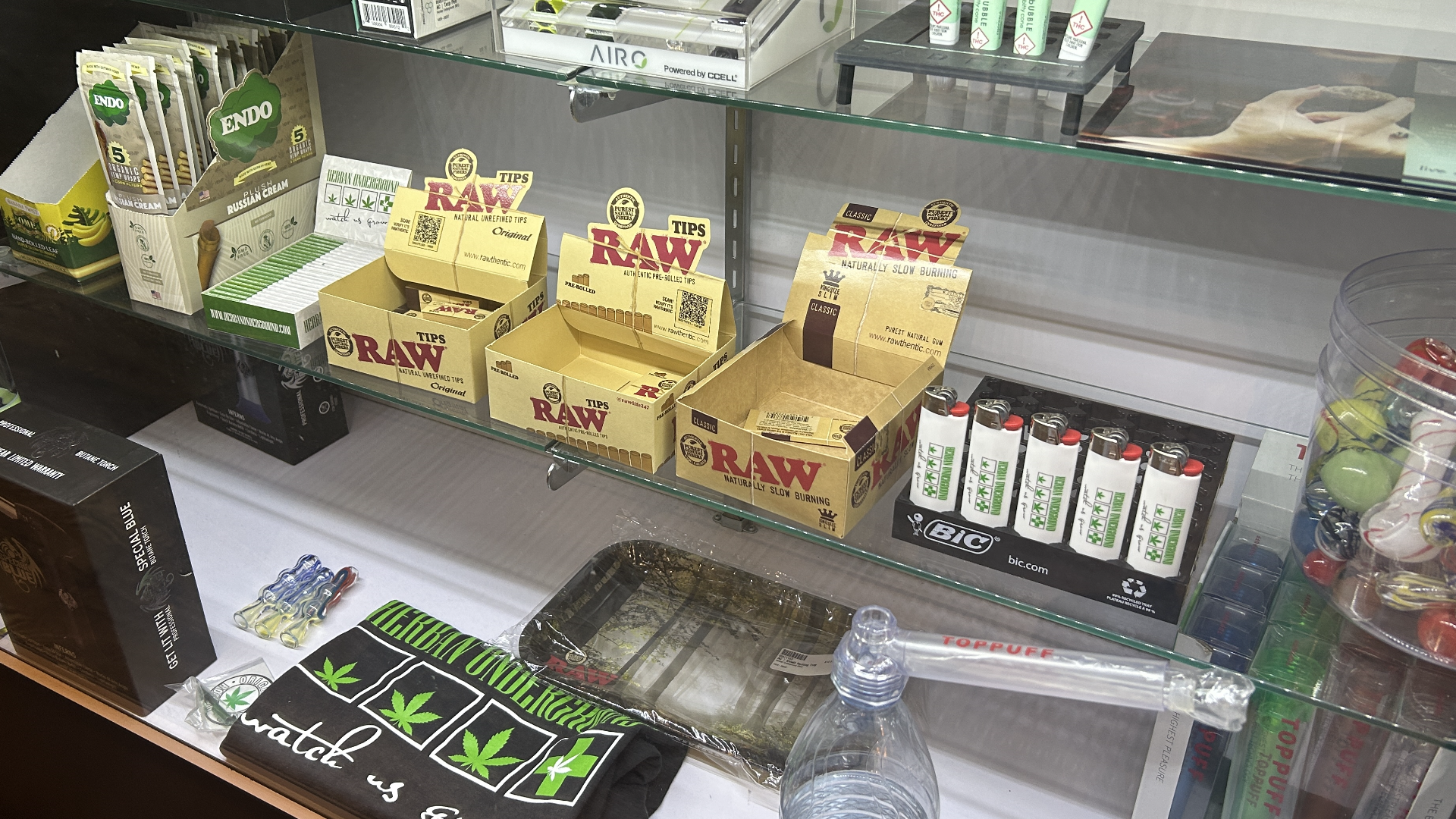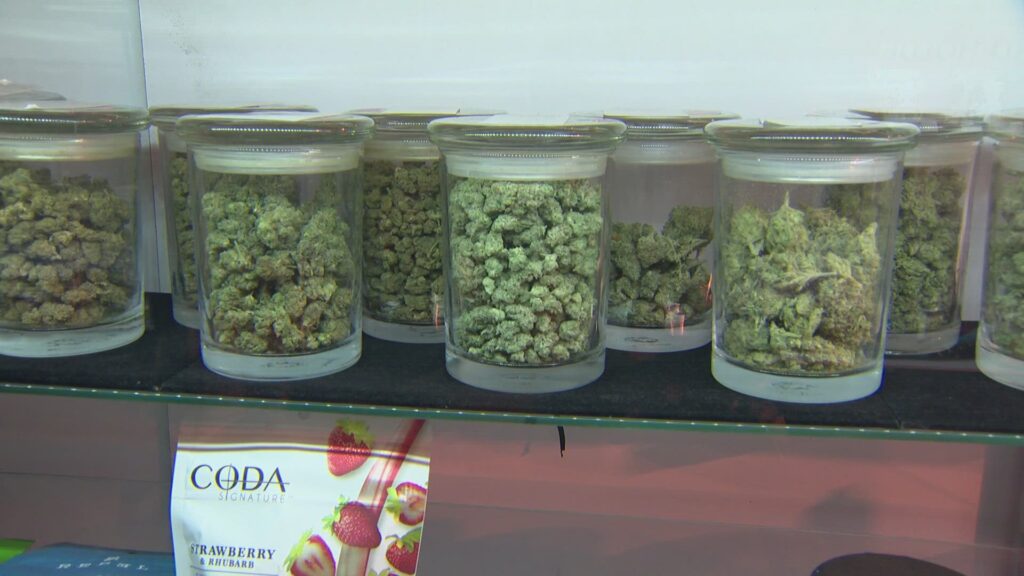DENVER — New Year’s Day will mark one decade since Colorado became the first state to legally sell marijuana.
The private consumption of marijuana in the state was legalized November 2012. Since Jan. 1, 2014 — the first legal sale of marijuana — Denver has been an example for dozens of other states as they try to take on the same thing.
9NEWS spoke with Molly Duplechian, executive director of Denver’s Department of Excise and Licenses, about the local marijuana market: the challenges confronted and what has changed since it was legalized.
9NEWS: What is your reaction to 10 years of recreational marijuana in Denver?
Duplechian: “It is a long time. It’s hard to believe 10 years have passed that quickly, and it’s hard to think back to what our mindset was back then, compared to where we are now. It is just part of Denver and Colorado life, and kind of normal for everybody.”

What has gone well the last 10 years that recreational marijuana has been legal?
Duplechian: “When we think back about our mindset 10 years ago, there was a lot of fear and uncertainty, and we can say now, 10 years later, we did the right thing. There were some fears in increases in youth usage, or increases in crime, and none of those predictions have been true. So I think we have a lot to be proud of.”
What are some measures put in place to make sure those fears wouldn’t come true?
Duplechian: “They’re required to be 1,000 feet from a school, a daycare, a drug/alcohol treatment facility and another store. So it’s protective measures like those we put in place at the very beginning that we have held true to, and have had strong enforcement around, to make sure we don’t see an increase in youth usage. Other things like advertising restrictions and really robust education and prevention campaigns have also contributed. In the last survey that was done, Denver youth usage was around 11% for youth that stated that they used marijuana in the last 30 days, and that was down from 26% in the previous survey. We know that was done during COVID. We are waiting to see what the next survey results show.”
What has changed the last ten years that recreational marijuana has been legal?
Duplechian: “A lot has changed in the last 10 years. One of those things that has changed and is at the forefront of my mind is social equity, and ensuring those that were disproportionately impacted by the war on drugs are now able to have equitable access to the industry.”
What other predictions did people have, and what happened with those?
Duplechian: “We have not seen that to be true, there has not been an overall increase in crime in Denver due to marijuana. Marijuana makes up less than one percent of overall crime offenses in Denver. I think one of the things people looked forward to was increased revenue, so that has come true as well. In 2021, there was $73 million that came into the city through marijuana revenue sources. Overall, in the last, since we started having legalized sales, it’s over $500 million. That’s not enough to solve all of Denver’s challenges and all of our budget issues, but that does provide us the ability to cover all the regulation, enforcement, and education, as well as some additional funds to go into the general fund for city services.”
Can you break down the revenue dollars, and where that money goes?
Duplechian: “It really was on a steady incline from 2014 to 2021, and we started around $20 million and climbed to $73 million in 2022. That was back down to $56 million, so we are seeing a bit of a decline, and we will see how 2023 plays out in the end. For example in 2021, $73 million in total came in through various revenue sources from marijuana sales, and we spend about $8 million in regulation and education per year for the last couple of years, so there is a pretty big difference, surplus, that can go into the city’s general fund. The city has chosen to put some money towards affordable housing. They created something called the Herman Malone Fund, which supports small businesses, and that’s just a couple examples of how the revenue has been able to support important city services.”
Why do you think revenue is down right now?
Duplechian: “I think there is probably a variety of factors that contribute to overall sales, but I think one of the biggest ones is seeing so many markets across the country also come in and legalize. And I think Denver has a role to play in that. I think if we had not succeeded without setting the foundation and framework for regulation then we would not see what we have been seeing across the country right now.”
How did Denver lead the charge of legalization across the country?
Duplechian: “From the beginning, we had a really strong focus on enforcement and regulation. We dedicated resources across the city, we had a collaborative approach. Just within the first couple of years, we were able to troubleshoot a lot of issues that helped out other cities and other states have ideas, and have a road map where we didn’t have one. Cities in Oregon and Washington were ones we worked very closely with in the beginning, just because we were out on an island ourselves, and kind of shared information on what our experiences were and what we could learn.”
H/T: www.9news.com



